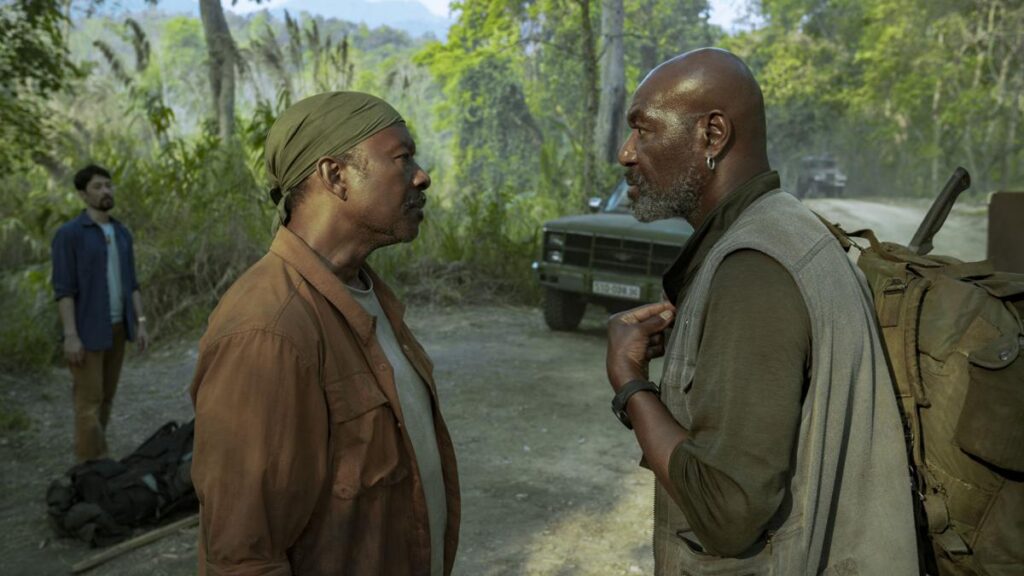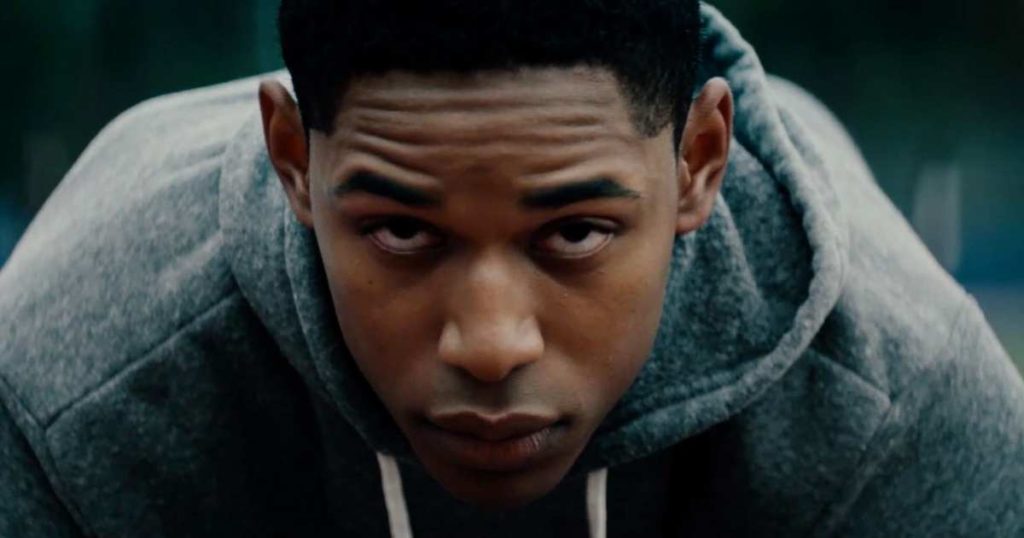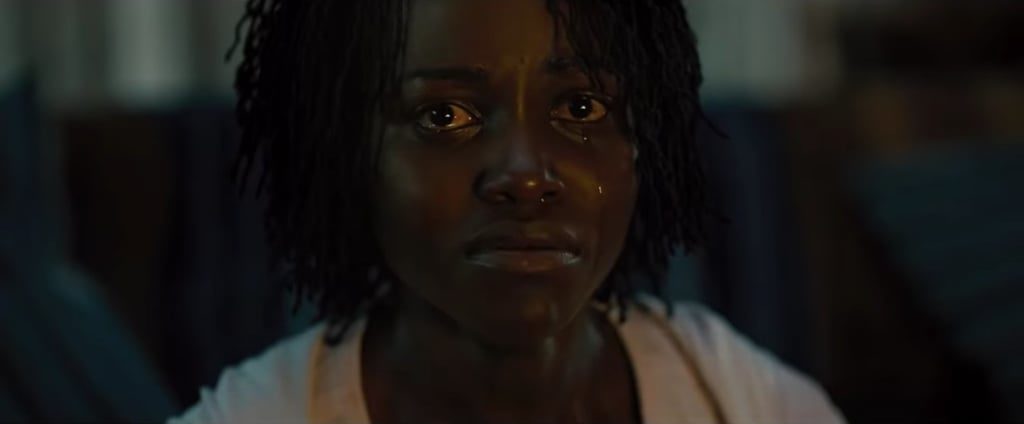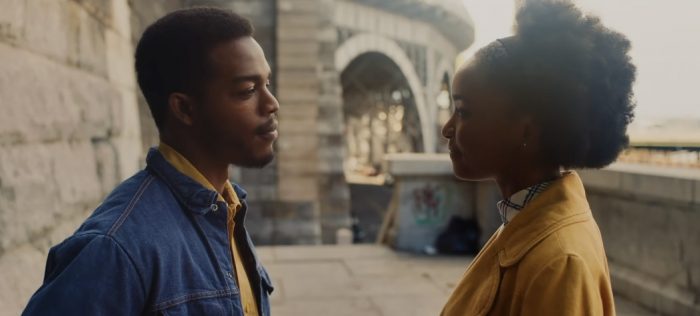New Streamers: Judas and the Black Messiah, Saint Maud, and The Little Things
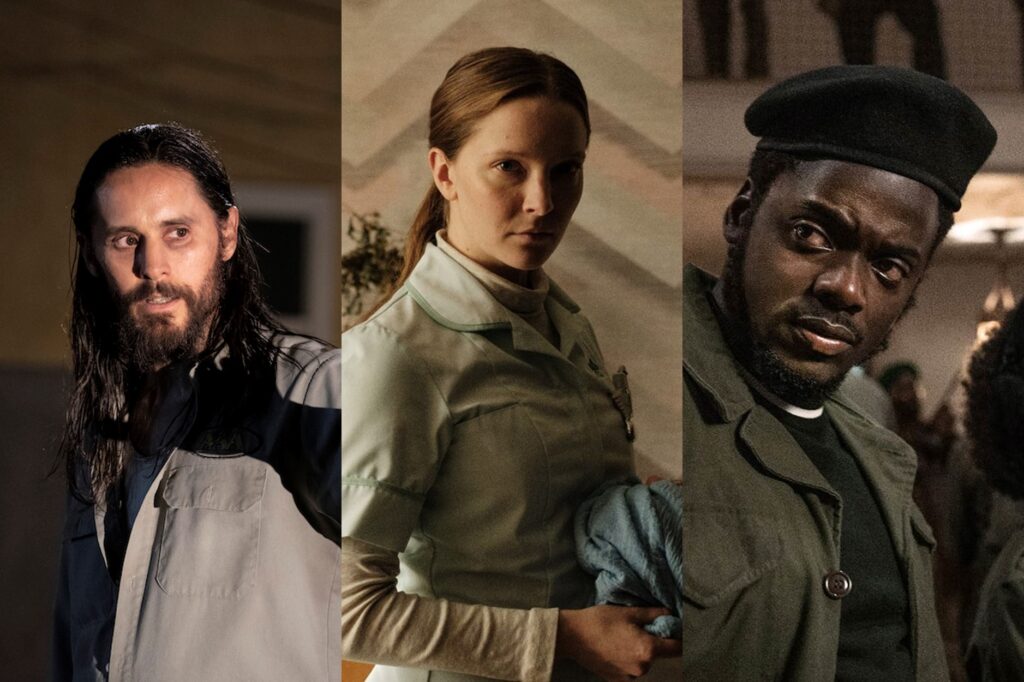
Ordinarily, early February is a cinematic dumping ground. But among the million other things that the COVID-19 pandemic affected, it caused the Oscars to expand their eligibility window by two months, meaning that some high-profile titles just landed on your favorite streaming services. Let’s take a quick run through this past weekend’s newest releases.
Judas and the Black Messiah (HBO Max). The second feature from Shaka King, Judas and the Black Messiah is a contemporary political text that’s also a classical spy thriller. It tells the story of Bill O’Neal (a very fine Lakeith Stanfield), the small-time car thief who became a big-league FBI informant in the late ’60s and infiltrated the Chicago chapter of the Black Panthers, led by Fred Hampton (Daniel Kaluuya). It isn’t subtle about its allegiance; you don’t need a degree in Christian theology to discern which character corresponds to which half of the title. Read More

